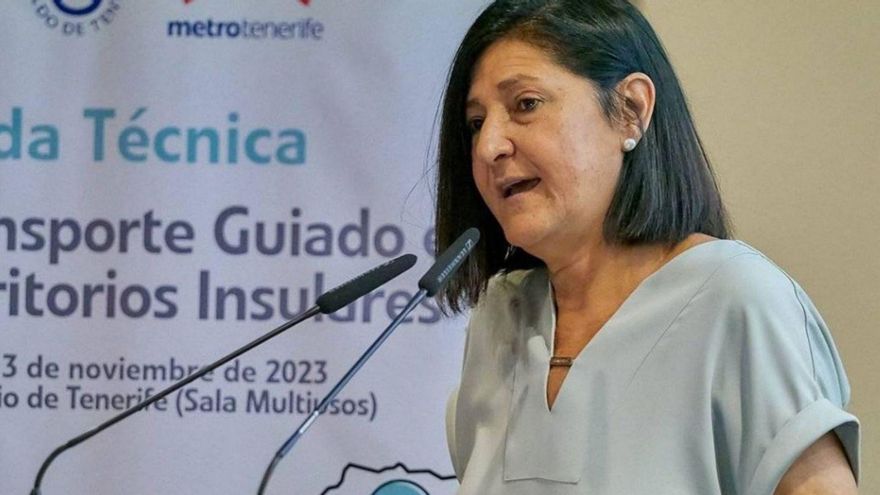
The Cabildo of Tenerife is urging the central government to enhance border control at the airport Tenerife South due to overwhelming service demand. Eulalia García, the island’s Mobility Councillor, stated, “It is crucial to boost both human and technical resources in passport control and to improve collaboration with AENA and the airlines to streamline passenger flow.” She emphasised, “We cannot permit border controls to remain a source of complaints and frustration.”
The Cabildo has raised concerns over the lengthy waiting times at customs control at the southern airport. The Councilor of the Cabildo described the situation as “unacceptable,” highlighting that a prominent tourist destination like Tenerife cannot afford such frequent congestion at border control.
The insular Minister of Mobility also pointed out that although the Spanish Government has acknowledged the issues and claims to have increased the number of police officers at Tenerife South Airport by 18%, “these actions have been utterly inadequate to address the persistent long queues.” She stated, “It is true that factors such as Brexit and the concentration of flights contribute to the increase in crowds of travellers, but this does not absolve the State from its responsibilities. These delays seriously impact the experience of our visitors and tarnish the image of Tenerife as a premier tourist destination,” added the Councillor.
On the matter of the queues for accessing taxi services at the same location, García reminded that the Tenerife Cabildo is engaged in “a dialogue process” with local councils and sector representatives to advocate for the designation of the Tenerife South Airport as a Sensitive Zone. This would enable taxis from other municipalities to operate there, as currently only those from Granadilla de Abona and San Miguel de Abona, where the airport is located, are permitted. The “noticeable resistance” from Granadilla’s City Council and taxi drivers has resulted in a socioeconomic mobility study for this infrastructure, which García characterised as “an important initial step” towards the Sensitive Zone designation.
In response to Ashotel’s call for the implementation of this declaration, the island government remarked, “It is not a lack of courage; rather, this year has seen significant effort and management to resolve this issue after discovering a regulation from 2013 that never came into effect. (…) In just one year, we have made substantial progress because we recognise that the current situation cannot be allowed to persist any longer.”















